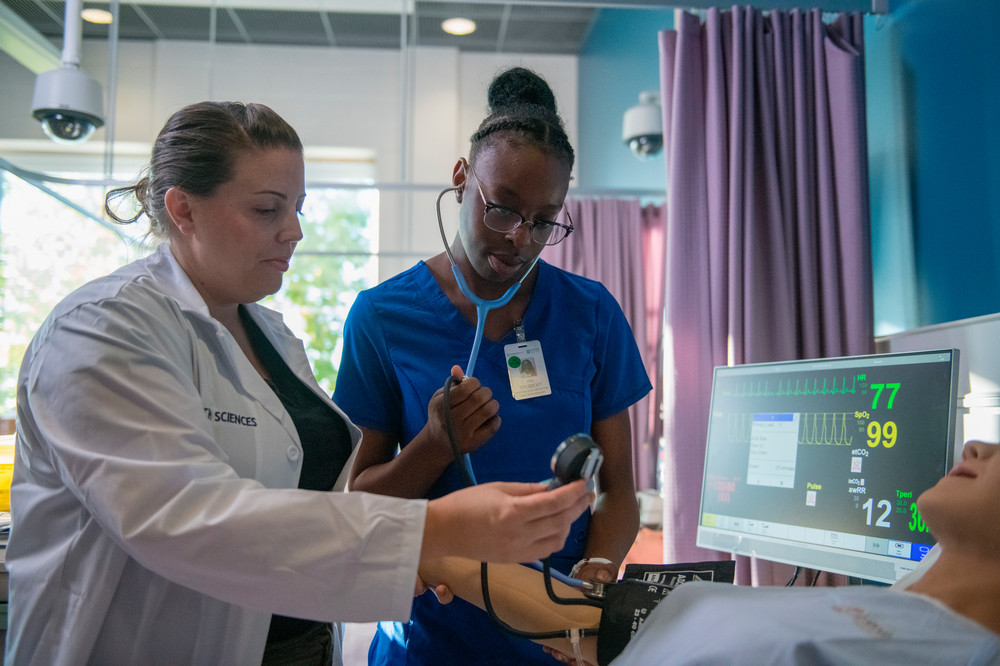Mental Health Overview
Overview

Â鶹ÊÓƵ’s competency-based mental health and healthcare microcredentials are designed for practical application in hospitals and care settings. From foundational skills to specialized interventions, you’ll gain the confidence and expertise to make a real impact
- 6-week programs
- Skills coach support
- Hands-on, scenario-based learning
- Earn a sharable digital badge
Explore our Healthcare Microcredentials below!
What is a microcredential
Microcredentials are short, focused programs that allow you to build in-demand skills quickly and effectively. At Â鶹ÊÓƵ, each microcredential is six weeks long and combines hands-on, scenario-based learning, real-world case studies, and interactive exercises to ensure practical application.
Every learner is supported by a dedicated skills coach and, upon completion, earns a digital badge to showcase their achievement. These badges can be added to your LinkedIn profile, résumé, or digital portfolio, helping you demonstrate your expertise to employers and advance your career.
Â鶹ÊÓƵ currently offers 23 microcredentials across a wide range of topics, from foundational healthcare and mental health skills to specialized areas such as CBT, DBT, trauma-informed care, and organizational change in healthcare settings.
Who should register
Our mental health microcredentials are designed for healthcare professionals working in hospitals and related care settings, providing practical skills that can be applied directly in their workplace.
- Nurses (RNs, RPNs, LPNs)
- Nurse Practitioners
- Allied Health Professionals
- Healthcare Support Staff
- Emergency and Crisis Intervention Staff
- Hospital Administrators and Managers
- Community Health Workers
Courses
-
$title
-
$title
-
Behavioural Interventions in Mental Health
In this micro-credential, learners develop the skills to observe, document, and analyze behaviours in mental health settings using principles of Applied Behaviour Analysis (ABA). Learners examine the function and purpose of behaviours through realistic case scenarios and apply objective language and data to recommend appropriate interventions. This course supports the development of clinical reasoning and documentation practices that enhance continuity of care and improve patient outcomes.
-
Building Inclusive and Equitable Practices within Mental Health
In this micro-credential, learners develop the skills to recognize diverse patient experiences and apply inclusive and equitable approaches in mental health care. They explore concepts of intersectionality, power, and privilege, and learn how to communicate effectively and respectfully using inclusive language. Learners gain strategies to advocate for patients/clients by understanding their identities and unique challenges, promoting equitable treatment and improved care outcomes.
-
Cognitive Behavioural Therapy
In this micro-credential, learners acquire foundational skills to teach patients and clients with mood and anxiety disorders how to identify and transform unhelpful thought patterns, emotions, and behaviours. Through psychoeducation, goal setting, and exposure therapy techniques, learners guide individuals to develop awareness of their mental health challenges and practice evidence-based CBT strategies to support recovery and improve psychological well-being.